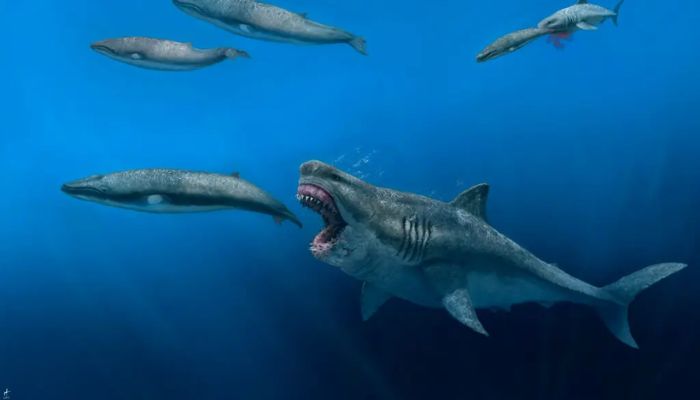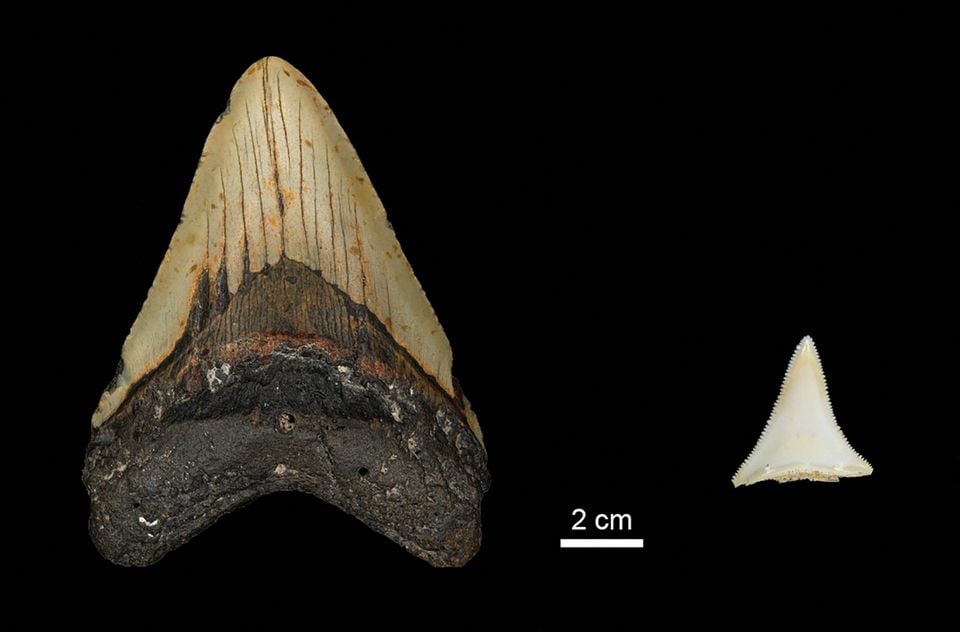Megalodon could swallow great white shark whole
A reconstructed models shows that the megalodon was about 52.4 feet long and weighed over 61,000 kilograms
August 20, 2022

- Otus megalodon could swallow great white shark whole.
- Except for Antarctica, its fossilised teeth have been found on every continent.
- A reconstructed model shows that it was about 52.4 feet long and weighed over 61,000 kilograms.
A recent research article published in Science Advances shows that the giant extinct shark, the Otus megalodon, could swallow the great white shark whole.
To put this into perspective, the great white shark can grow up to 20 feet, according to American Oceans.
Megalodon could cover cast distances and eat modern-day super-predators like the killer whale in just big five bites.
The giant shark that lived up to 23 million years ago, had huge teeth growing up to 18 centimetres long. Except for Antarctica, its fossilised teeth have been found on every continent.

What is still a mystery to scientists is how this monster went extinct despite being one of the most dangerous creatures in the world.
Some think it could be linked to global cooling.
Figuring out the size of the shark is quite important to researchers because that would help explain its diet and speed too. However, scientists have not agreed upon one measurement.
One of the reconstructed models shows that the megalodon was about 52.4 feet long and weighed over 61,000 kilograms.
Stephen Wroe, Associate Professor at the University of New England, writing for The Conversation said that his team estimated the shark's bite force to be "a car-crushing 18 tonnes".
The findings of the recent study suggest that the megalodon might have had a speed of five kilometres per hour. This is way faster than the fastest fish alive today.











